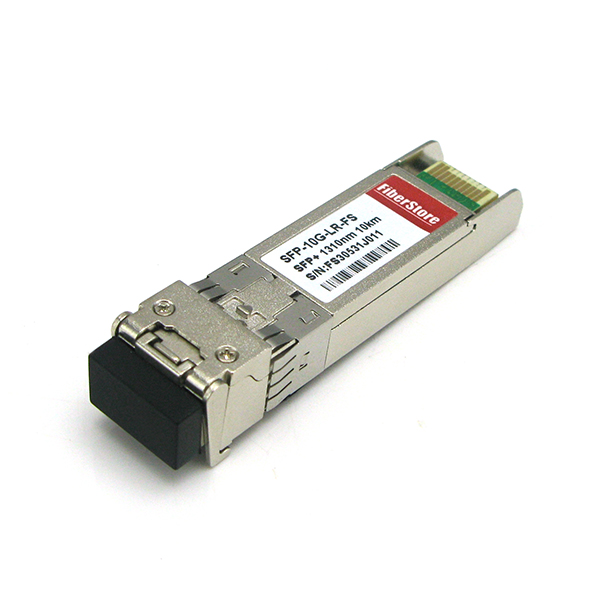Small Form factor Plug (SFP) is a compact transceiver that is popular in telecommunication and for data communication. It uses a device which contains a parent board and interfaces it to a fiber optic networking cable. SFP is mainly made to hold Gigabit Ethernet and various other standard communications in it.
Wide types of SFPs can be found, providing the customer by having an option to choose among various unique models, which suits the apt needs. They will use different set of transmitter types on it facilitating you to find the desired transceiver. The SFP transceiver gives link for getting the necessary optical reach through the existing optical fiber. For instance you will find optical fibers like single mode fiber and multimode fiber separately for appropriate usage. In every mode there are different group of fibers flexible for the users' choice.
In general the rate of signal transmission of SFP module ranges from 100Mbps to 4Gbps. The transceivers work on a distance range varying from 500 meters to 100 kilo meters and also the working wavelength for a number of modules are generally 850nm, 1310nm or sometimes 1550nm. This excellent type of transceiver allows an ease to alter and keep in comparison with other traditional modules. The users can certainly and genuinely replace single module of SFP while the process is running rather than replacing the whole board containing large number of modules in it.

SFP transceivers find the position in commercial market having a capacity to vary data rates as much as 4.25 Gigabits in a single second. The upgraded version namely SFP plus or SFP+ supports data rate as high as 10 Gigabits per second. This rate of transfer is Ten times faster than usual Gigabit Ethernet device. The characteristics of 10G SFP are multifold as following:
- It can be used instantly connecting to internet.
- It can be hotly plugged and employed for transferring data.
- It may withstand temperature up to 70 degree Celsius and may even function at zero degrees Celsius.
Some people might think that SFP would consume more current. Actually, it's not true. SFP consumes less power but is highly efficient in transferring data. In recent times, SFP transceiver can be used for supporting digital diagnostics monitoring (DDM) activities as reported by the standard matching to it. Hence it is employed for digital optical monitoring services. By making use of this element, the user will keep track of the real time limiting factor of the SFP and monitor the optical input power and output power along with temperature and also the voltage way to obtain the transceiver.
There are lots of benefits of using SFP. You could have multiple choices for internet connectivity using this swappable input/output appliance. The device of SFP comes with copper wire interface by which the user can conveniently hold optical fiber communications. It's now possible to transfer SDI video outputs over the coaxial cable through the 10G SFP copper. There is also CWDM/DWDM support in some single mode fiber transceivers.
Nowadays SFP has numerous commercial applications in SONET network, point to point mode of networking, Gigabit Ethernet, metro access networks, FTTD, routers, switches, bridges, servers, etc. It also finds a lot of demand kept in storage area network, local area network, high-speed computer links and switching system. SFP offers large range of detachable interfaces to UTP or coaxial cables and multimode or single-mode fibers.
About the author:
FIBERSTORE is a famous optical communication supplier, who can offer both SFP and SFP+ transceivers with all of varieties, along with other modules for example GBIC, XFP, XENPAK, X2, etc.
No comments:
Post a Comment